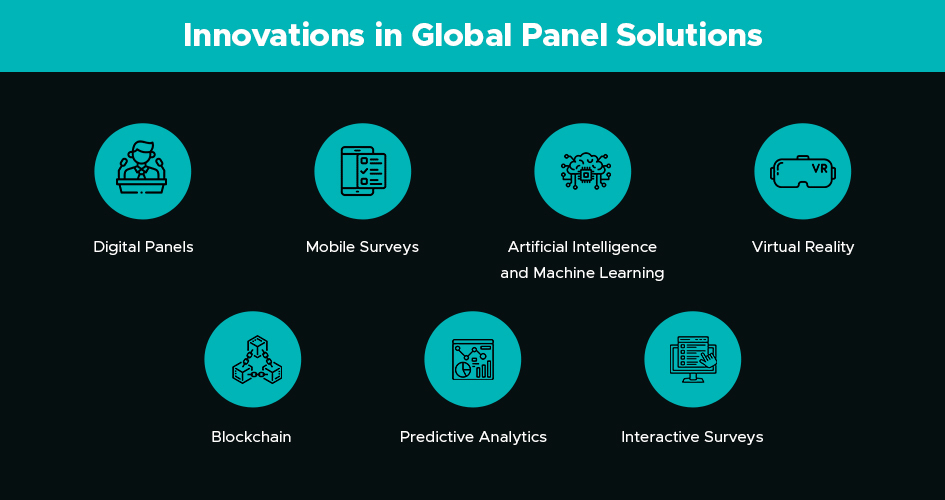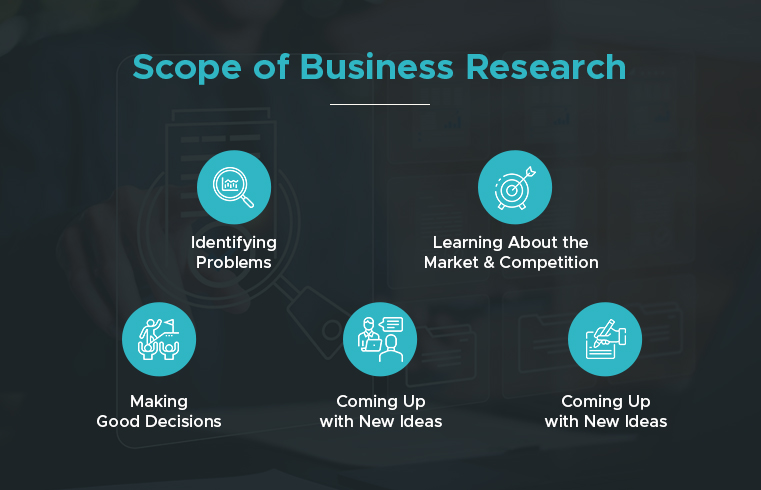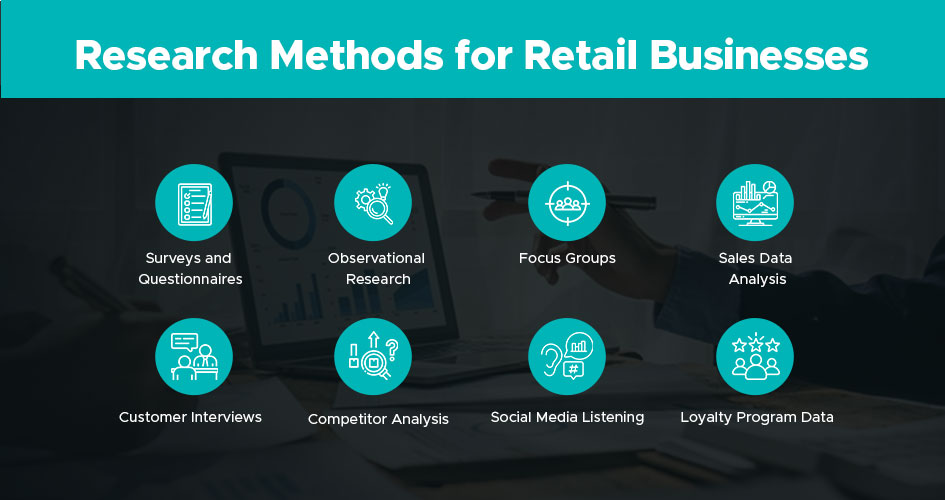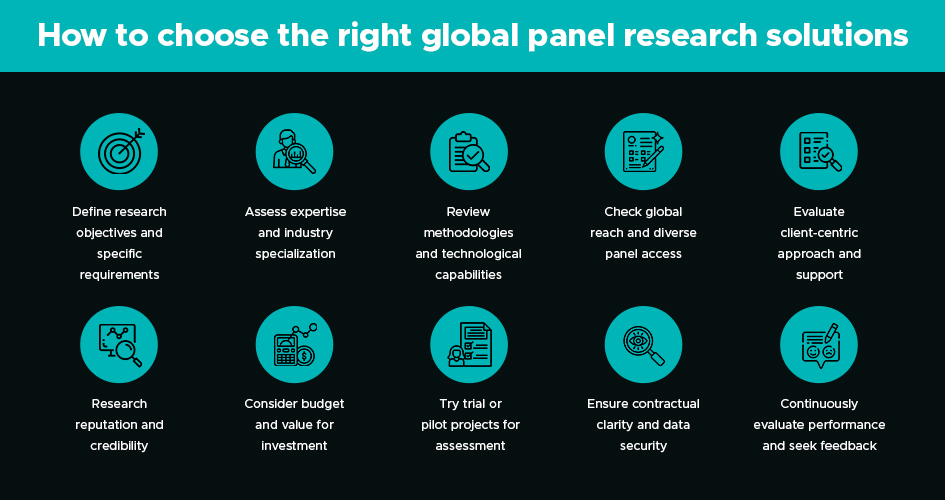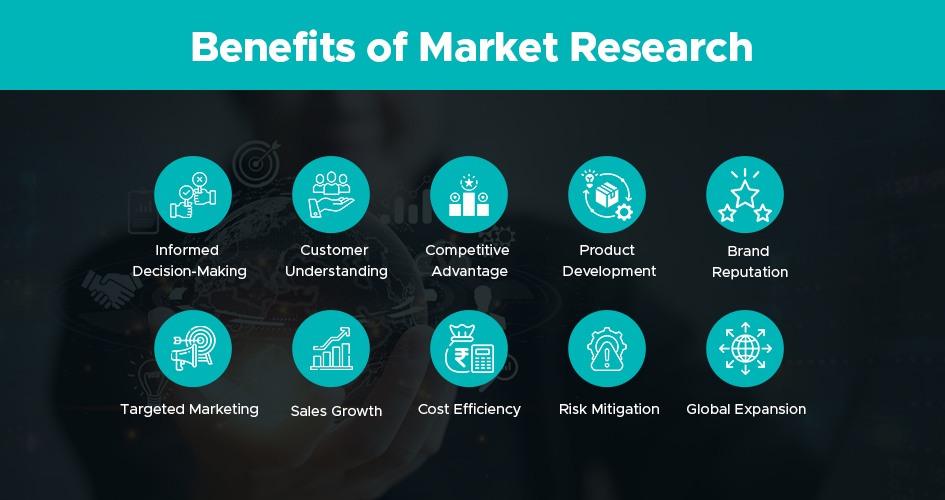Adopting new innovation is often considered as a resource-intensive task, requiring extended financial investment and multiple resources. This perception has led many businesses to hesitate, believing that innovation is a luxury reserved for the businesses with deep pockets. But what if we told you that it is possible to innovate and attract more business with fewer resources? This game-changing concept challenges conventional wisdom and presents a fresh perspective on how markets can succeed by maximizing their existing resources. This blog explores the challenges businesses face in adopting new innovations, the benefits of innovate market research, and the advantages of a market economy.
The Barriers to Innovation
Before understanding the strategies for innovative growth with fewer resources, it is crucial to understand the common barriers that hinder businesses from embracing new ideas and approaches. A recent study by The Brandgym talked to over 100 marketing leaders across different industries and countries. They found out that 69% think innovation is more important now for growing their business than it was three years ago. At the same time, 72% are also trying to cut costs. This creates a tricky situation called the “innovation squeeze,” where companies want to come up with new ideas and grow but have fewer resources to do so. The study pointed out three main problems that make innovating tough:
Slow and Steady Doesn’t Win the Race: About 40% of marketers mentioned it takes a year or more just to get an okay for their innovation projects, not even to start them! The majority are stuck in lengthy processes and are frustrated by having to hit high sales goals right out of the gate. Even though we often hear about being “agile,” only half of the companies quickly test out their rough ideas.
Sticking to Old Research Methods: Many big market research firms still rely on old-school research methods before launching a product, which can be slow and costly, sometimes needing more than £100,000 and 12 weeks to test an idea properly. Fewer businesses are using direct interactions with consumers or studying their behaviors, even though these methods are seen as really effective.
Pitching Ideas with Confidence: While 94% of the marketers agree that it’s crucial to present innovation ideas convincingly to the higher-ups, only 6% think they are actually good at it. This is a big deal because, according to McKinsey & Company, almost half of the finance chiefs say they have turned down marketing ideas because they were not convinced they would lead to growth.
This paints a clear picture of an outdated innovation system. It is no surprise then that smaller, more nimble brands are outpacing the big names. These smaller players are quick to adopt new digital tools for gathering insights, experimenting rapidly, and effectively making their case for the necessary resources to launch successfully.

Benefits of Adopting Innovative Market Research
Overcoming these barriers and embracing innovation is not only possible but essential for sustained growth and success. One powerful tool that businesses can leverage is innovate market research. By adopting a fresh perspective on market research, a top market research company in India can unlock numerous benefits, including:
Gaining a Competitive Edge: By staying ahead of market trends and consumer preferences, businesses can develop products and services that meet evolving demands, giving them a competitive advantage in the marketplace.
Identifying New Revenue Streams: Innovative market research can uncover untapped market segments, emerging consumer needs, and potential new revenue streams, enabling businesses to diversify and expand their offerings.
Optimizing Resource Allocation: By gaining a deep understanding of consumer behavior and market dynamics, businesses can make informed decisions about where to allocate their limited resources for maximum impact, ensuring efficient utilization of their existing assets.
Promoting Customer Loyalty: By continuously improving products and services based on customer feedback and market insights, businesses can enhance customer satisfaction and foster long-lasting loyalty, thereby driving sustainable growth.
Advantages of a Market Economy
Using innovation and combining market research is not only beneficial for individual businesses but also contributes to the overall health and vitality of a market economy. There are many advantages of a market economy that can facilitate and encourage innovation, including:
Competition: The competitive nature of a market economy encourages businesses to continuously innovate and improve their offerings to stay relevant and capture market share.
Consumer Choice: By catering to diverse consumer preferences and needs, businesses in a market economy are driven to innovate and introduce new products and services, promoting a dynamic and ever-evolving marketplace.
Efficient Resource Allocation: The free market mechanism ensures that resources are allocated towards the most productive and innovative endeavors, encouraging businesses to optimize their resource utilization and drive efficiency.
Entrepreneurial Opportunities: A market economy promotes an environment supportive to entrepreneurship, enabling individuals with innovative ideas to bring their concepts to fruition and contribute to the overall economic growth.
Conclusion
Insights Opinion is one of the global market research companies in India which understands the challenges businesses face in achieving growth and innovation with limited resources. That is why we are committed to providing the best market research services that empower businesses to make informed decisions, identify new opportunities, and stay ahead of the curve. Our team of experienced professionals uses advanced research methodologies, data analytics, and industry expertise to deliver actionable insights tailored to your unique business needs. Whether you are seeking to understand consumer behavior, identify emerging market trends, or optimize your product offerings, Insights Opinion is your trusted partner for innovative market research solutions.
FAQs
Can businesses really innovate with less money?
Ans. Yes, companies can still come up with new ideas and grow even when they don’t have a lot of money to spend. It is all about being smart with what they have.
What stops companies from being innovative?
Ans. The main things holding businesses back are slow processes, sticking to old ways of doing research that take a lot of time and money, and not being great at explaining their new ideas to the people in charge.
Is old-style market research not good anymore?
Ans. Old-style research still has its place, but it’s slow and expensive. Using newer, faster ways to understand what customers want can help companies innovate quicker.
Why do smaller companies sometimes do better at innovating?
Ans. Smaller companies are often quicker to try new things, learn from them, and get the resources they need because they’re good at showing how their ideas will help them grow.


